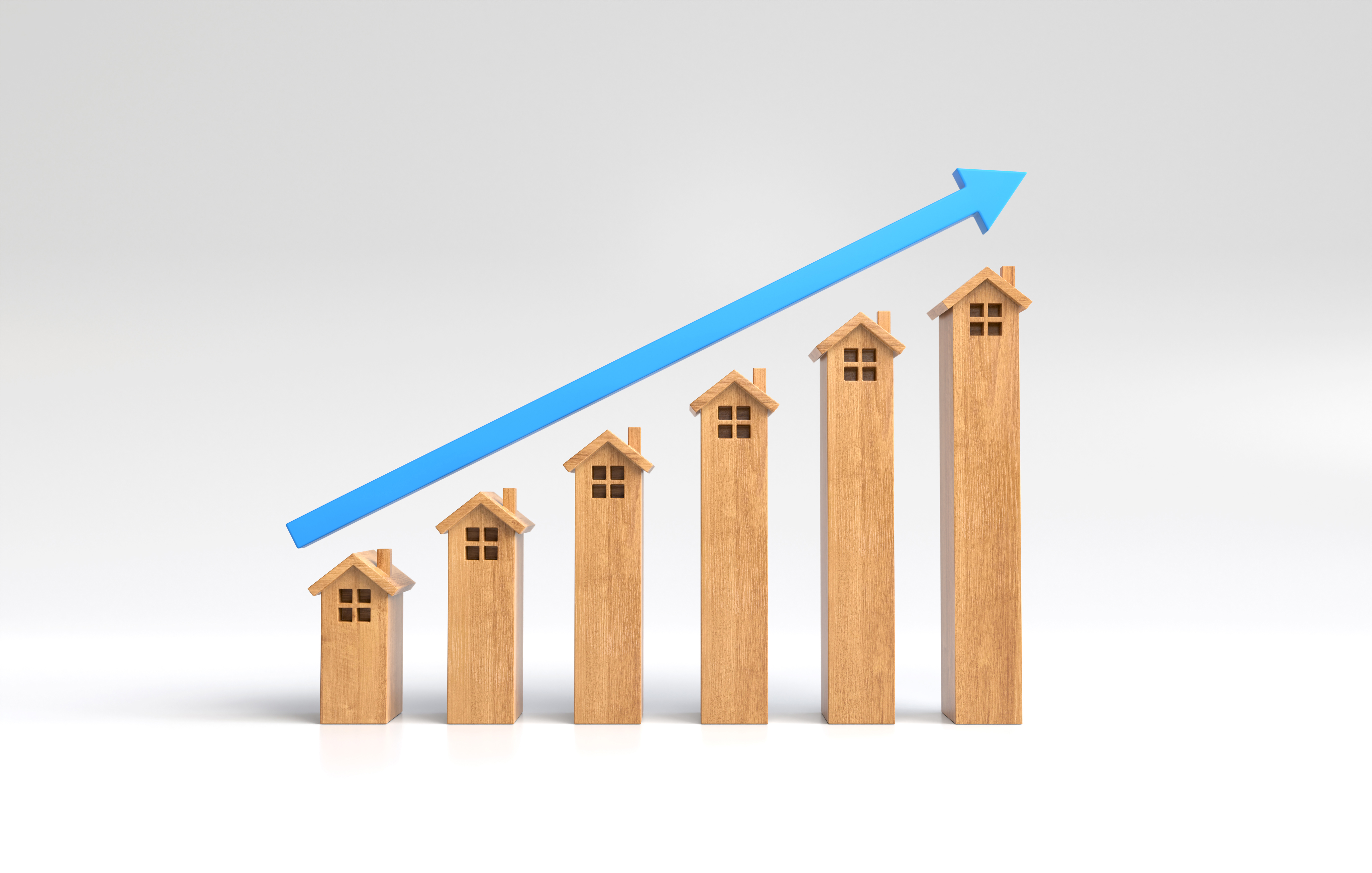Texas lawmakers are attempting to ease the burden of soaring home insurance premiums, even as they admit that many cost-driving factors lie outside their control. With Texans paying some of the highest insurance rates in the nation, legislators are pushing for more transparency from insurers and greater protections for homeowners.
A Cost Crisis for Homeowners
Homeowners in Texas have seen insurance rates spike dramatically in recent years. In 2024 alone, premiums rose nearly 19%, following a 21% jump the year before, according to the Texas Department of Insurance. These increases mark a sharp departure from the stability seen in the previous decade.
Several key factors are driving these hikes:
- Rapid property value growth due to the state's population boom
- Climate change, which is fueling more frequent and intense natural disasters such as hurricanes, hailstorms, and winter freezes
- Rising labor and construction costs are making repairs more expensive after storms
- Increased risk exposure, as more people settle in disaster-prone areas
For homeowners, insurance isn't optional—mortgage lenders require it. Even for those who own their homes outright, experts warn that going without coverage leaves them dangerously exposed to catastrophic loss.
Lawmakers Walk a Tightrope
Legislators are trying to bring relief without destabilizing the insurance market or driving companies out of the state. The balancing act has led to several proposed bills, some of which face pushback from the industry.
One high-profile measure is Senate Bill 1643, authored by Sen. Charles Schwertner (R-Georgetown). The bill would require the Texas Department of Insurance to approve any rate increase over 10% before it takes effect.
Currently, insurers can implement rate hikes immediately after filing them. The agency can later disapprove them, but only after the fact. Schwertner says this system doesn't provide enough oversight.
"It is incumbent upon the Legislature to ensure that the regulatory environment is giving these filings the level of scrutiny they necessitate," Schwertner said.
Industry Pushback and Loophole Concerns
The insurance industry warns that capping rate increases may backfire. Beaman Floyd, who represents major insurers through the Texas Coalition for Affordable Insurance Solutions, argues that limiting increases doesn't address the root causes of rising costs, such as extreme weather and inflation.
Floyd said insurers could face mounting financial pressures, leading to policy cancellations if they cannot adjust rates fast enough to remain solvent.
Consumer advocates support more oversight but say SB 1643 might not go far enough. One major concern: insurers could sidestep the 10% cap by filing multiple smaller increases throughout the year. Ware Wendell of Texas Watch noted that companies could "nibble" away at consumers' wallets with repeated hikes just under the threshold.
Schwertner responded by saying the insurance department would still need to justify and approve any increase, even if filed in parts.
A Collaborative Approach: Making Homes More Insurable
Despite disagreements over rate caps, both sides support House Bill 1576, introduced by Rep. Tom Oliverson. The bill would create a state grant program to help homeowners retrofit their homes to better withstand hurricanes and windstorms, making them more attractive and less risky to insure.
Modeled after a successful program in Alabama, the bill promotes resilience by encouraging voluntary upgrades.
"This isn't a mandate," Oliverson said. "It's a unique way to drive insurance costs down by reducing risk."
The House has passed the bill, but the Senate has not yet taken action. The final cost of the program will depend on budget negotiations between the chambers.
Additional Reforms Under Consideration
Lawmakers are weighing other changes aimed at increasing transparency and fairness:
- Restructuring insurance regulation: A Schwertner bill proposes expanding the leadership of the Texas Department of Insurance from a single commissioner to a three-person panel, including a consumer advocate.
- Ending insurance bundling requirements: Some legislation seeks to prevent insurers from requiring homeowners to bundle auto and home policies.
- Mandating clear disclosures: New rules would require insurers to explain why they deny or cancel coverage, empowering consumers to better understand their policies.
What Comes Next?
As insurance premiums climb, Texas lawmakers continue searching for solutions that protect homeowners without shrinking insurer participation. While legislative proposals like SB 1643 and HB 1576 offer a mix of regulation and innovation, many key issues, like extreme weather and construction costs, are beyond their reach.
Still, these bills represent a growing recognition that the insurance market, as it stands, needs guardrails and greater accountability.






